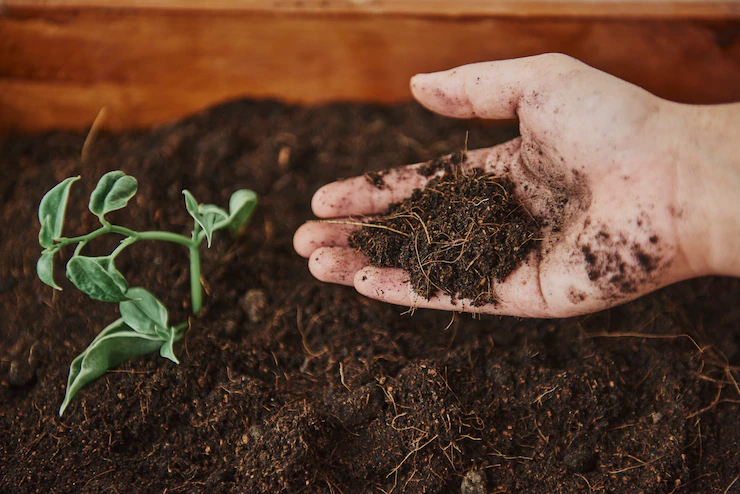Enhancing soil health and fertility is crucial for sustainable and productive agriculture in South Africa. Soil degradation, erosion, nutrient depletion, and loss of organic matter are significant challenges facing the country’s agricultural sector. However, there are several strategies and practices that can be adopted to improve soil health and fertility. Here are some key approaches:
- Conservation Agriculture: Implementing conservation agriculture practices such as minimum tillage, crop rotation, and cover cropping can help reduce soil erosion, improve water infiltration, and enhance soil structure. Conservation agriculture techniques promote the retention of crop residues on the soil surface, which increases organic matter content and nutrient cycling.
- Organic Matter Management: Increasing organic matter content in the soil is vital for fertility improvement. Farmers can incorporate organic materials such as crop residues, compost, and animal manure into the soil. Organic matter enhances soil structure, water-holding capacity, and nutrient availability. Utilizing cover crops and green manure crops also contributes to organic matter build-up.
- Nutrient Management: Applying fertilizers based on soil nutrient testing can help replenish essential nutrients and address deficiencies. It is important to use fertilizers judiciously, considering the specific nutrient requirements of crops and avoiding over-application, which can lead to nutrient imbalances or environmental pollution. Using organic fertilizers, such as compost and manure, can also provide slow-release nutrients and improve soil health.
- Soil Erosion Control: Implementing erosion control measures, such as contour plowing, terracing, and establishing windbreaks, helps prevent soil erosion and loss. These practices help retain topsoil, reduce runoff, and maintain soil structure, thereby preserving fertility.
- Integrated Pest Management (IPM): Adopting IPM practices reduces the reliance on synthetic pesticides, which can harm beneficial soil organisms. IPM involves using a combination of biological, cultural, and chemical control methods to manage pests, diseases, and weeds effectively. This approach helps maintain the balance of soil ecosystems and reduces the negative impact on soil health.
- Water Management: Proper irrigation practices, such as drip irrigation or precision irrigation systems, can minimize water wastage and prevent waterlogging or soil salinization. Efficient water management supports optimal crop growth, nutrient uptake, and reduces the risk of soil degradation.
- Soil Testing and Monitoring: Regular soil testing enables farmers to understand the nutrient status and pH levels of their soil. It helps determine the appropriate nutrient management practices and ensures that the soil fertility is optimized for specific crops.
- Farmer Education and Knowledge Sharing: Encouraging farmers to participate in training programs, workshops, and knowledge-sharing platforms promotes awareness and adoption of sustainable soil management practices. It is essential to disseminate information about soil health, fertility management, and sustainable agricultural practices to ensure widespread implementation.
- Research and Innovation: Continued research and innovation in soil science, agronomy, and agricultural technologies can provide new insights and solutions for enhancing soil health and fertility. Developing and promoting new techniques, such as precision agriculture and soil microbiome management, can further optimize soil management practices.
- Government Support and Policy: Governments can play a crucial role by providing policy incentives, financial support, and regulatory frameworks that promote sustainable soil management practices. These initiatives can encourage farmers to adopt environmentally friendly practices and invest in soil health improvement.
By implementing these strategies and practices, South African agriculture can enhance soil health and fertility, leading to increased productivity, improved food security, and long-term sustainability.
Join 'Farmers Mag' WhatsApp Channel
Get the latest Farming news and tips delivered straight to your WhatsApp
CLICK HERE TO JOIN






